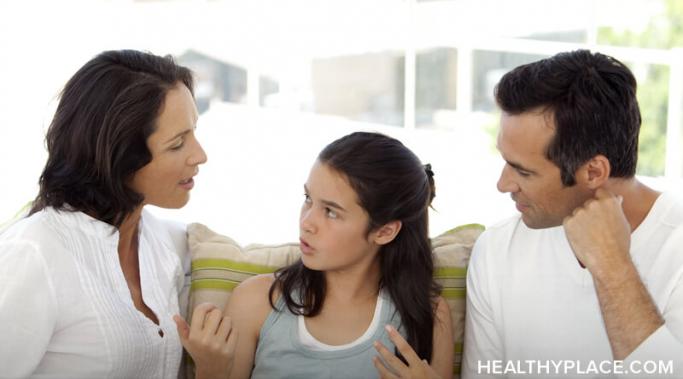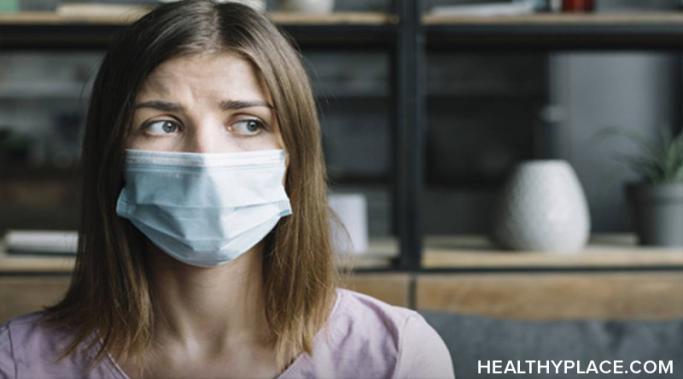Blogs
So much is uncertain and anxiety-provoking right now, but one thing is certain: kids experience anxiety during this COVID-19 pandemic, too. Not knowing how to help your kids with anxiety can be frustrating, and right now, when you might be dealing with anxiety of your own about the ever-changing COVID-19 scare, wondering how to deal with anxious kids can be challenging. Happily, there are ways you can help your kids deal with their anxiety and increase the mental health and wellbeing of everyone in your household in the process. Here are some insights from my own experience as a parent and former high school teacher and counselor. I can help you help your kids who have anxiety from COVID-19.
This post explains how the coronavirus is impacting my anxiety. I’m sure most of you (and you can include me in this group) are sick and tired of reading about this, and would rather focus on something else. Yet here we are, so I’ll at least do you the courtesy of being brief. Basically, I’m discussing how this coronavirus thing we’re all going through is impacting my anxiety.
I believe there are real dangers to losing your bipolar routine during isolation. There are issues of work, school, socializing and more that are affected by social distancing; and any one of those things can interrupt a carefully planned routine. I know my bipolar routine has been lost during isolation due to the novel coronavirus, and I know it's hurting my mental health.
What is the connection between anxiety and romantic relationships? How do you cope with relationship anxiety? After all, romantic relationships can be complicated; nearly everyone has a story from a relationship gone slightly (or incredibly) awry. Add on a diagnosis of generalized anxiety disorder (GAD) and social anxiety disorder, and these relationship complications can shift and take on entirely new forms. Here are some of the ways that anxiety has infiltrated into my relationships.
Dealing with COVID-19 as a therapist is dual-fold. We must comfort our clients, but we must also deal with the stress of the pandemic for ourselves and families just like everyone else.
Therapy homework differs for each therapist and each client, and many therapists don't do therapy homework at all, which begs the question: does it actually help? I've had several different therapists over the years, and only one or two of them have ever given me therapy homework. Some of my friends in therapy have lots of homework, and I always wondered if my therapists were doing something wrong by not giving me things to do outside of sessions. Now that I've had one or two therapists who do give homework, I think I understand some of the benefits and problems with therapy homework.
Two things that I find to be true when supporting family members with mental illness at any time are these: you cannot pour from an empty cup, and oftentimes just being there is the most important thing. Here is how these truths have manifested themselves in our family's life during COVID-19.
The COVID-19 pandemic has caused me to struggle with certain aspects of my depression more than I usually do, but I'm trying to cope in healthy ways. If you're also having trouble coping with your depression during this difficult time, maybe some of these ideas can help you, too.
Pursuing and surviving sobriety is no easy feat, and for women in addiction recovery, the challenge can feel even more strenuous. Addiction of any kind can touch the lives of just about everyone no matter our racial, ethnic, or religious background; however, the fight to stay sober might look different for different individuals pursuing recovery.
COVID-19, or coronavirus, is definitely taking a toll on my schizoaffective anxiety. I haven’t heard voices because of the stress (thankfully), but this is a case where I can’t tell myself I’m worrying about nothing, because everyone else in the world is freaking out about the same thing I am.









